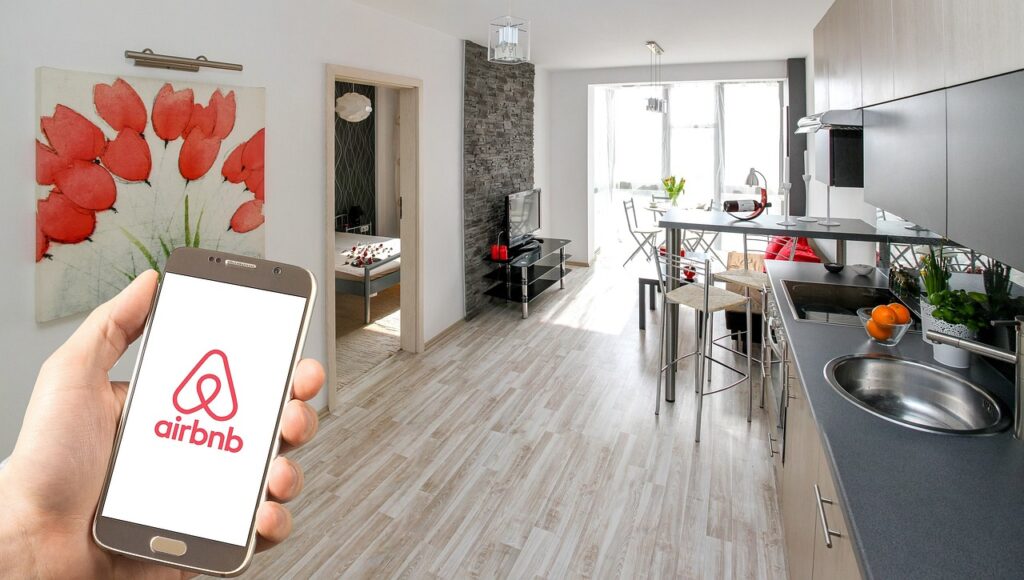While developed Western countries are trying to make their countries more welcoming for tourists and also make their locations more attractive by offering a good stay, the Golob government is now making moves to further take money away from its citizens. According to the newspaper Finance, the current government will use a new law to block the Airbnb platform.
“No Airbnb, no Uber… They will ban McDonald’s and KFC and only legalise restaurants that sell authentic Slovenian čevapi and patties,” wrote political analyst Mitja Iršič on the social network X. His comment followed after the news of a new law, with which the Golob government is further distancing Slovenia from “core Europe”.
Everyone who travels in one way or another is aware of how useful the Airbnb platform is, offering travellers an affordable and convenient way to find a suitable place to stay. This applies to Slovenians travelling around the world, as well as to other tourists coming to visit us. And with the new law on hospitality being drafted by Matjaž Han‘s Ministry of the Economy, Slovenia will soon have to say goodbye to short-term renting of properties by individuals to tourists through the platforms Airbnb, Booking and more. Exceptions would apply, but they are virtually unworkable.
The five-month simplified scheme for the renting of rooms would no longer exist, reported the newspaper Finance, which added that even the mayor or city authorities could ban the renting of apartments to tourists in a certain location. It could very well be the case that a space provider would not be allowed to rent out his or her second apartment to tourists, even if he or she does not otherwise live in it – unless the owner embarked on the difficult route of seeking all the necessary consents, which is practically impossible in practice.
While short-term rentals have always existed, the creation of the Airbnb platform in 2008 changed the game completely. Suddenly it was easy to find a unique, homely place to stay in almost any destination around the world, and renting often provided more space at a lower price than many hotels. This gave tourists or guests in Slovenia the best first-hand experience, based on the hospitality of their host, while at the same time, people who had extra space were renting it out to guests. Apparently, all of that is now coming to an end.
N. H.


